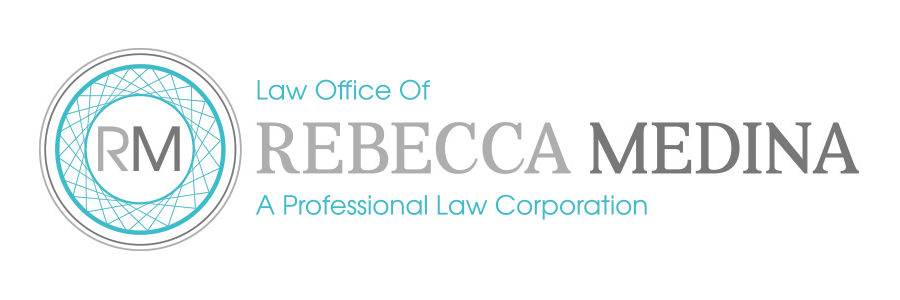If your marriage—and therefore, your divorce—includes allegations of child abuse, substance abuse or domestic violence, collaborative divorce may not be appropriate. However, for divorcing couples who are willing to commit to a process that can be less expensive, less stressful and, in the long run, a sane and peaceful way to dissolve a marriage, collaborative divorce offers many benefits.
As you contemplate a California collaborative divorce, consider the qualities that make a couple a “good fit” for this process:
1. Are you and your spouse willing to listen?
You should both be prepared to listen and understand that your viewpoint doesn’t automatically invalidate your spouse’s. Even if you don’t agree, it is important to hear each other out and respect each other’s thoughts and feelings so you can move forward.
2. Do you both have a clear vision about what you want for yourselves and your family?
You and your spouse may be unable to maintain a good marital relationship, but if you both know what you want for your children and are able to put their best interests first, you are likely going to benefit from the collaborative divorce process. By coming together to form a plan, you can alleviate the uncertainty that your children are feeling and help them understand that you both want what is right for them.
3.Do you have significant assets or a complicated financial situation?
Collaborative divorce is a team effort. In addition to your respective attorneys, the “team” includes financial experts who can help both parties across a range of financial issues, including:
- Gathering and organizing financial documents
- Analyzing financial data and preparing blueprints for disclosure
- Assessing tax consequences
- Developing settlement options and reviewing settlement agreements
- Assisting in the prioritization of financial needs and goals
- Ensuring that the financial needs of children are met
4. Are you both committed to having an equal say in the final agreement?
Striving to have an equal say may be hard when the marriage suffered from power inequalities. If that is the case, it may be difficult for the domineering spouse to “give up” some of that power. If you and your spouse were on equal footing regarding decisions, or if the more assertive partner is willing to be more pliable for the sake of achieving a peaceful resolution, collaborative divorce can help you reach your goals in a mutually satisfactory way. Remember, the point of collaborative divorce is to ensure everybody’s needs are met and that children are spared the emotional turmoil of an antagonistic process.
Consult an experienced divorce attorney in California about your options
Do you have questions about whether collaborative divorce is right for you? Contact a Fresno and San Diego divorce attorney at the Law Offices of Rebecca Medina or call us at 559-324-5427 in Fresno or 858-285-4315 in San Diego today.

 About the Author: Rebecca Medina
About the Author: Rebecca Medina